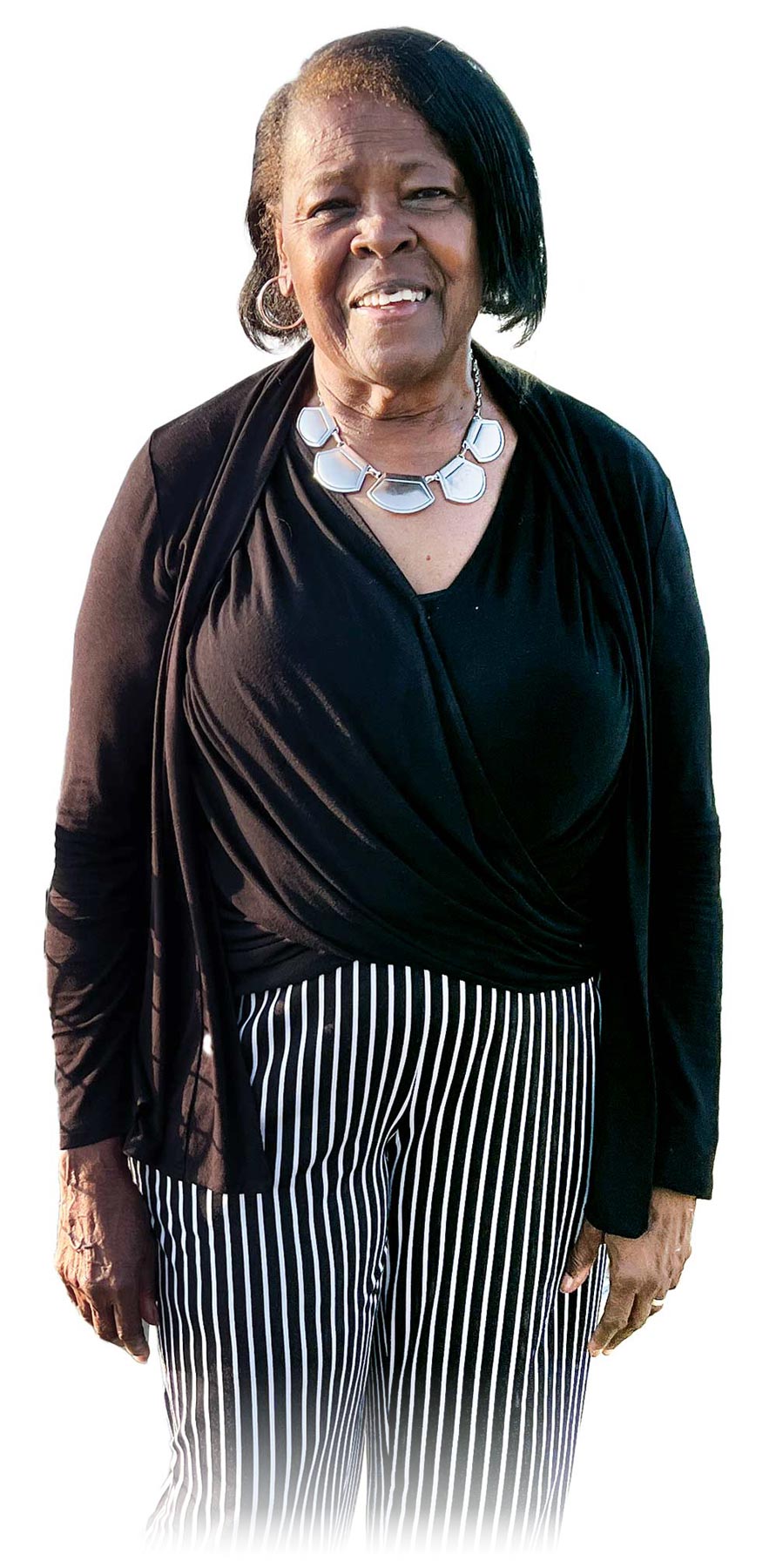5 Questions for…Ethel Kline

Buffalo Educational Support Team
You’ve been an educator for more than five decades. How did you start your career?
I was raised to care, not just for my own people, but for people in general. I had never thought of working in a school, but my son came home with a note from the school one day that said they were looking for parents to work there. I applied and I got the job! It was not even a full week later that I started, and I have been a teaching assistant ever since — 53 years.
Fifty-three years is a long time. What keeps you coming back?
The kids need us. They need me, and they need more people who are willing to roll up their sleeves and come in and try to do what they can. That is what I’ve tried to do.
Working with the kids means a lot to me. Sometimes I see my students out and about, all grown up. Maybe at one time, society had counted them out, or they were what we called ‘bad kids.’ Now they’ve gone on to become police officers and teachers and nurses. Even if I see someone, and they tell me, “Mrs. Kline, I’m working at Family Dollar,” I still praise them because it’s good to see them doing something good with their lives. They’re working. They’re being productive, and that’s so rewarding to see.
If I can just help steer one student in the right direction, that’s so rewarding to me because a lot of these kids come from difficult situations.

Why is it important to you to serve underrepresented students, the kids who get ‘counted out’?
You know, schools are where we are built. We’re built in blocks, one block at a time, and so what we are doing as educators is especially important. We are helping build lives, shaping them.
I’m from a family of 15, with one mom and one dad. We grew up in one of the most racist cities in the United States — Birmingham, Alabama — but we didn’t let that deter us. We knew that wasn’t the way it should be, and that it wasn’t the way it always would be. We tried not to let it change us or make us bitter. We knew that things would get better. After graduating from high school, I came to Buffalo.
Was moving to Buffalo a big change for you?
It wasn’t the way I grew up. When I went to school in Birmingham, it was at an all-Black school. Everywhere we went, everything was segregated — the movie theater, restaurants, the bus and, because of that, we did not interact with white people all that much. When I started working with white teachers and white students in Buffalo, that was quite different for me.
You have had such a long and successful career. Do you have any advice for other educators?
We need to show students that we care and that we’re available. I always tell students, “I’m here to help you. Your mom wants me to help, and your dad wants me to help you because they love you, and they want to see you get as much education as you can get, and go as far as you can go, and I’m here to do just that.
Hear more of Kline’s story at nysut.cc/ethel.